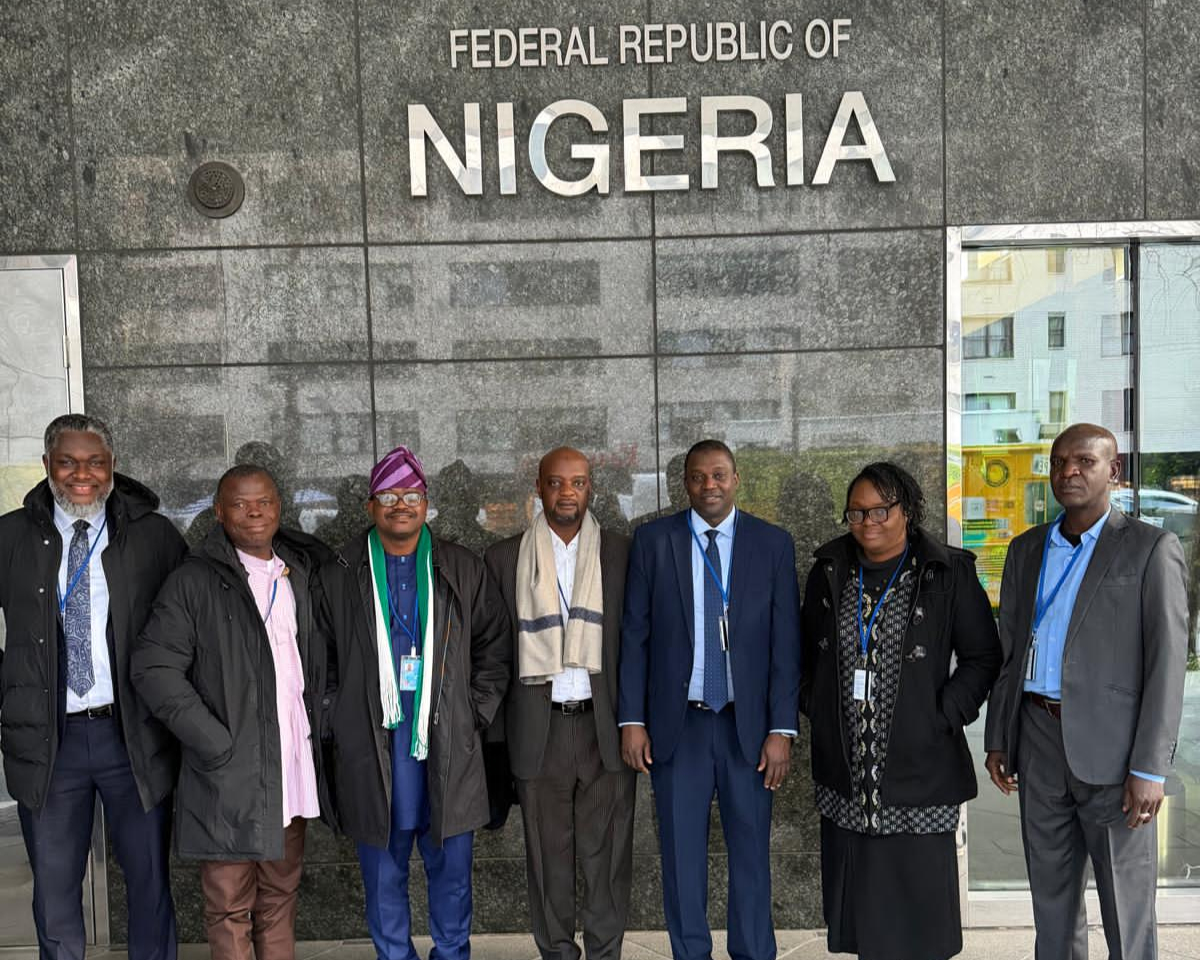Stakeholders in Africa’s creative technology and gaming industry have called on storytellers, animators, and game developers across the continent to use their platforms to reshape global perceptions of Africa through innovative storytelling and collaboration.
Speaking during the Africacomicade Gamathon 2025 showcase in Lagos, Co-founder, Africacomicade, Oluwatosin Ogunyebi, said the event was designed to connect creative studios from across Africa and highlight progress in the game, animation, and immersive media industries.
“Today’s event is the main showcase to get people to see what other creatives are building across Africa. We have creative studios from different parts of Africa here to showcase what they are making and get people to see what Africans are doing within the game, XR, animation, and comic spaces,” he said.
He explained that the week-long Gamathon followed regional editons in Ghana and Kenya, culminating in Lagos as the continental convergence point. “The goal is to connect all countries across Africa together to showcase what we’re doing as a community,” he added.
Ogunyebi, who described the journey of the platform over the past five years, said one of Africacomicade’s major achievements has been building a sense of unity and collaboration among creatives.
“When we started out, a lot of people didn’t know each other. Now, people are coming together to co-create and collaborate on multiple fronts. That’s the real growth we’ve seen,” he said.
On the need for stronger institutional support, he backed calls for a formal association to represent the sector. “It’s very important for government and ministries to see us as a unit. When there’s a single body they can relate with, it helps everyone as a collective,” he said.
Ogunyebi also highlighted the recently concluded Ark Pitch, a competition aimed at supporting creative studios with funding to improve production quality. “The prize pool is substantial, and the goal is to help these studios create better quality content as they go on their journey,” he said.
He announced that the Gamathon would become a biennial event to give developers more time to produce finished games and immersive projects. “Developing a good game takes time,” he said. “We don’t want people coming every year to see demos. By 2027, we want them to experience complete, world-class products.”
Addressing concerns about parental and societal perceptions of gaming, Ogunyebi urged African parents to view gaming as a viable career and educational tool.
“Gaming isn’t just entertainment—it’s being used in education, research, and training,” he said. “I work in a virtual reality studio where we use VR to train university students and researchers. Parents need to see the value in that.”
He, however, identified limited learning opportunities and access to resources as key challenges facing the industry. “If creative education were part of school curricula, it would make a huge difference,” he said. “Private organisations can only do so much. Government inclusion would help spread learning opportunities across schools.”
Director, Community and Grantmaking, Africa No Filter, Victor Mark-Onyegbu, emphasised the role of storytelling in transforming how Africa is perceived globally.
He said the organisation supports storytellers who challenge outdated portrayals of Africa centred on poverty, corruption, and conflict, and instead promote narratives of innovation, creativity, and progress.
“The future of Africa is in the hands of storytellers. The way you tell Africa’s story determines how the rest of the world sees us,” he said.
He warned that negative or careless portrayals in media, film, and gaming can reinforce long-standing stereotypes about the continent. “We must be careful not to unconsciously replicate harmful narratives. For centuries, Africa has been projected as small, poor, and chaotic. It’s time to challenge that,” he said.
Citing Africa No Filter’s Bias Booster and MAPS Campaign, he said both initiatives were developed to help content creators identify and correct biases in storytelling and to challenge misrepresentations of Africa’s size and significance.
“These tools are helping creators understand how to tell authentic African stories without reinforcing stereotypes,” he added.






